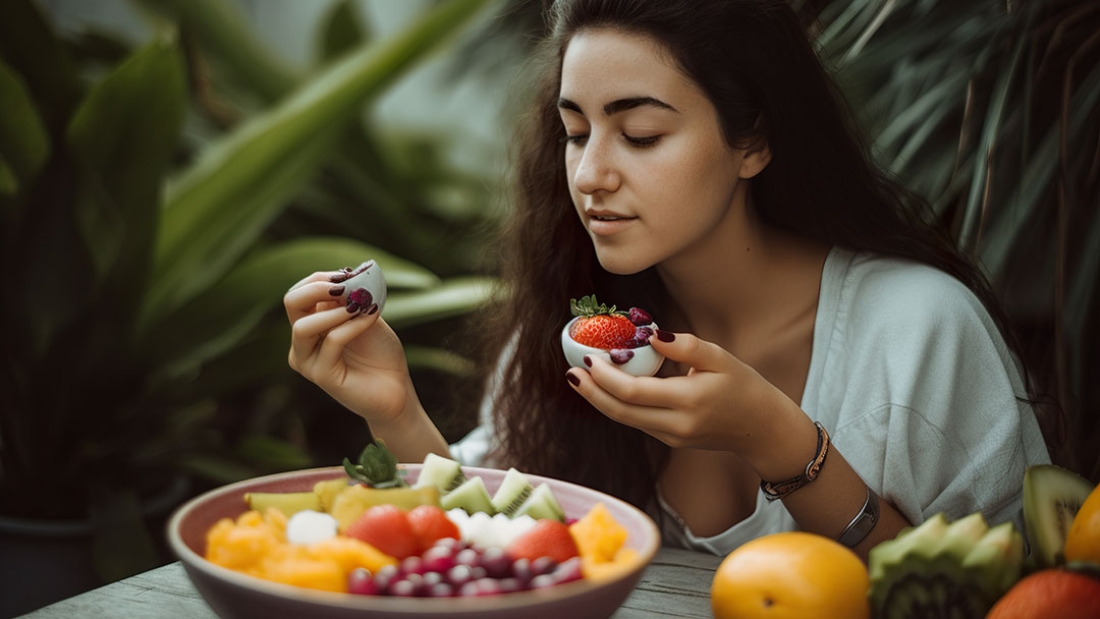Rediscovering the Essence of Diet
In our fast-paced world filled with conflicting messages about what and how we should eat, it’s easy to lose sight of the true nature of our relationship with food. Diet isn’t merely a set of rules to follow or a list of foods to avoid—it’s a dynamic and intricate connection between ourselves and our bodies. It’s about nourishment, balance, and understanding.
Understanding the Relationship – Listening to Your Body’s Cues
At the heart of a healthy diet lies the ability to listen to our bodies. Our bodies are constantly communicating with us, sending signals of hunger, fullness, cravings, and fatigue. Yet, in the noise of modern life, we often tune out these messages or override them with external cues. Learning to tune in and honor our body’s signals is essential in fostering a harmonious relationship with food.
Balancing Act – Finding Equilibrium in Diet
Balance is key in any relationship, including the one we have with food. It’s not about strict rules or deprivation, but about finding equilibrium and moderation. Denying ourselves the foods we love entirely can lead to feelings of resentment and deprivation, while overindulgence can leave us feeling sluggish and unwell. Striking a balance that allows for both nourishment and enjoyment is essential for long-term well-being.
Letting Go of Guilt and Shame – Embracing Compassion in Eating
In our society, food is often imbued with moral value, leading to feelings of guilt and shame when we deviate from strict dietary rules. However, such judgments only serve to create a negative cycle of restriction and bingeing. Instead, we must let go of the notion of “good” and “bad” foods and approach eating with compassion and understanding. Treating ourselves with kindness and forgiveness when we indulge in less nutritious foods is essential for building a healthy relationship with food.
Food for the Soul – Recognizing the Emotional Aspect of Diet
Food is not just fuel for our bodies; it’s also nourishment for our souls. Many of us turn to food for comfort during times of stress or seek solace in familiar flavors from our past. Understanding the emotional triggers that influence our eating habits is essential for developing a more balanced and sustainable relationship with food. By finding alternative coping mechanisms and addressing underlying emotional needs, we can cultivate a healthier relationship with food.
The Art of Self-Care – Nurturing Your Body Through Mindful Eating
Self-care is an essential aspect of nurturing our relationship with our bodies through diet. Mindful eating practices, such as savoring each bite, paying attention to hunger and fullness cues, and cultivating gratitude for the nourishment we receive, can deepen our connection to the food we consume and enhance our overall well-being. By approaching eating as a mindful and intentional practice, we can foster a greater sense of harmony and balance in our lives.
Cultivating a Harmonious Relationship with Food
In conclusion, diet is more than just the sum of the foods we eat—it’s a relationship, a lifelong journey of discovery, growth, and self-awareness. By approaching eating with curiosity, compassion, and a willingness to listen to our bodies, we can foster a sense of harmony and balance that transcends mere nutrition. It’s not about perfection but about progress, embracing the ebb and flow of our dietary choices with kindness and understanding. In doing so, we can cultivate a relationship with food that nourishes not only our bodies but also our souls.

